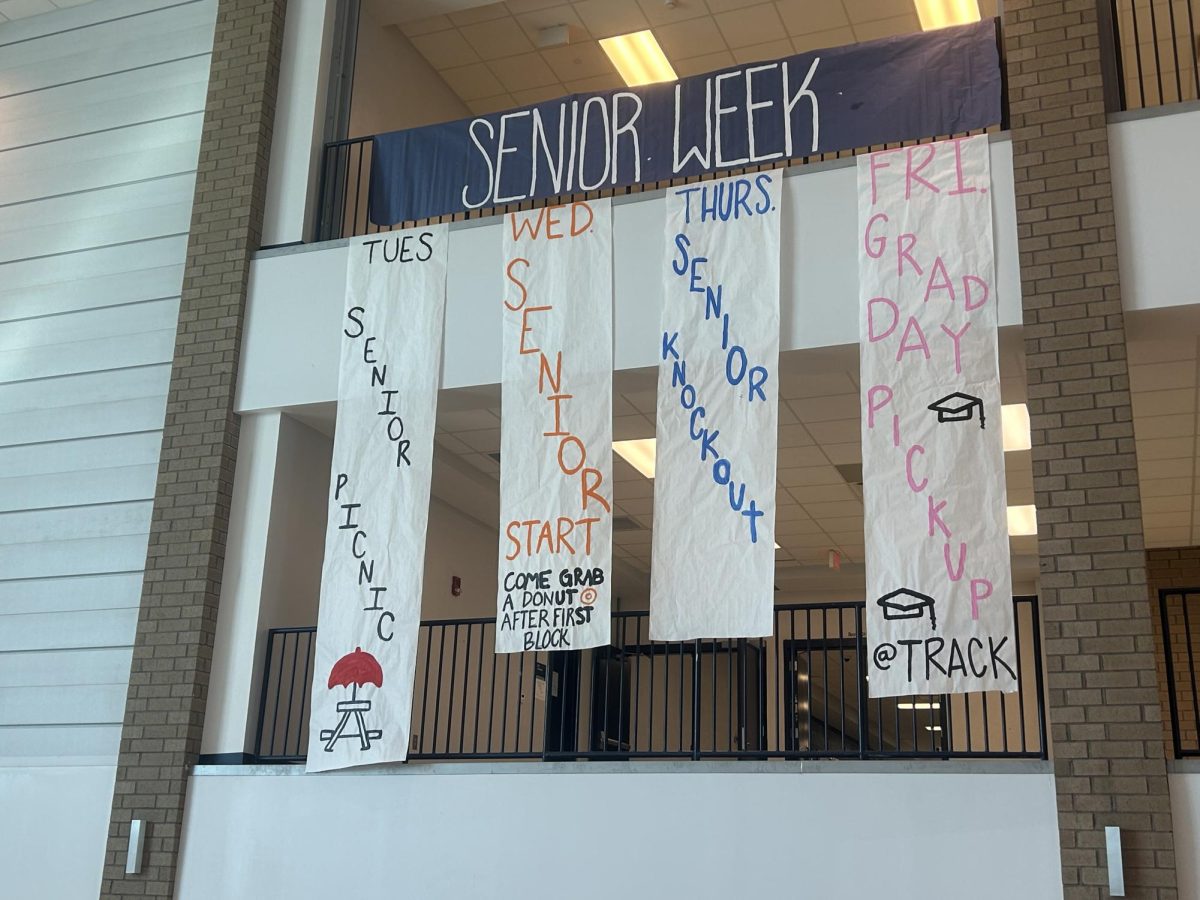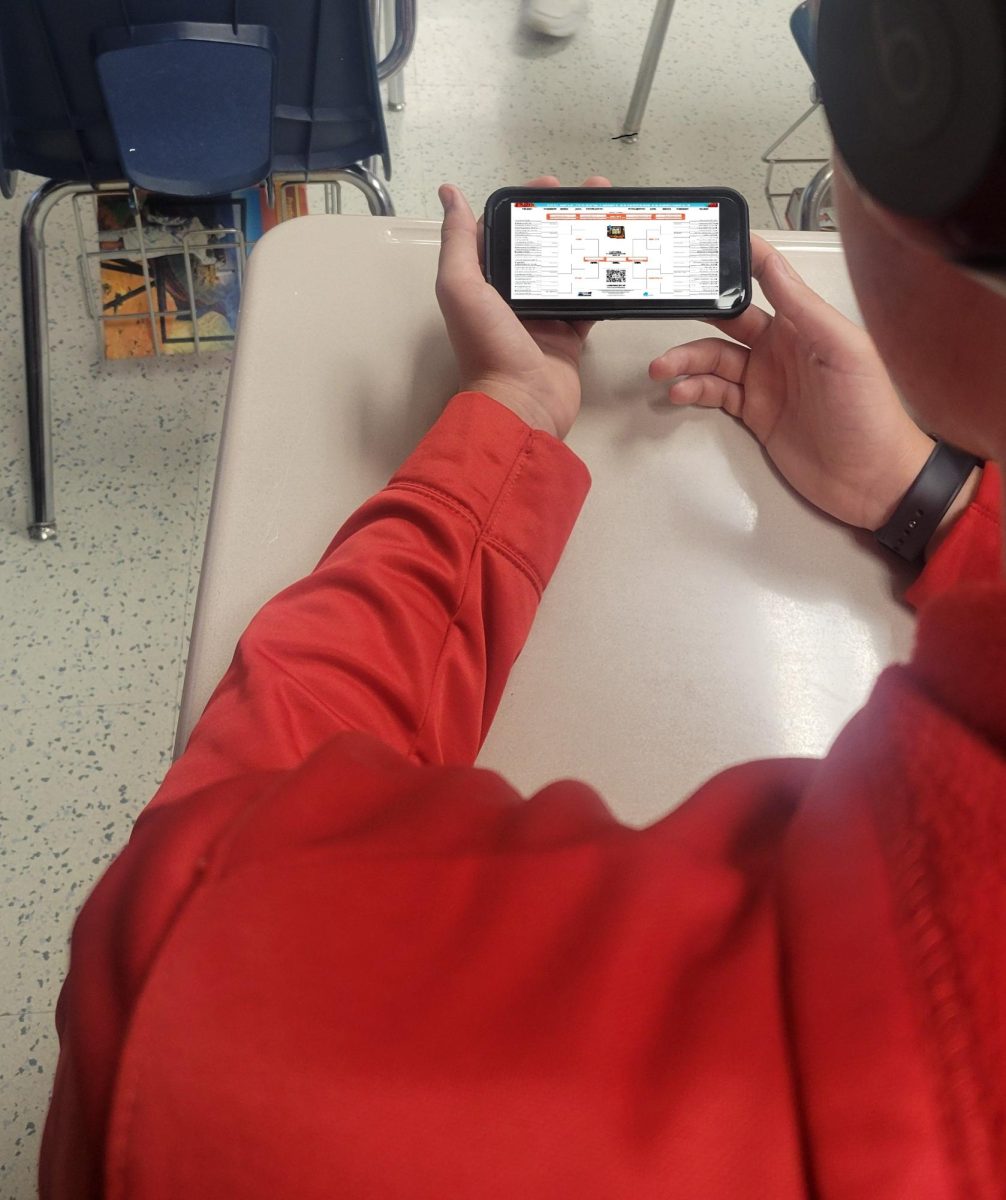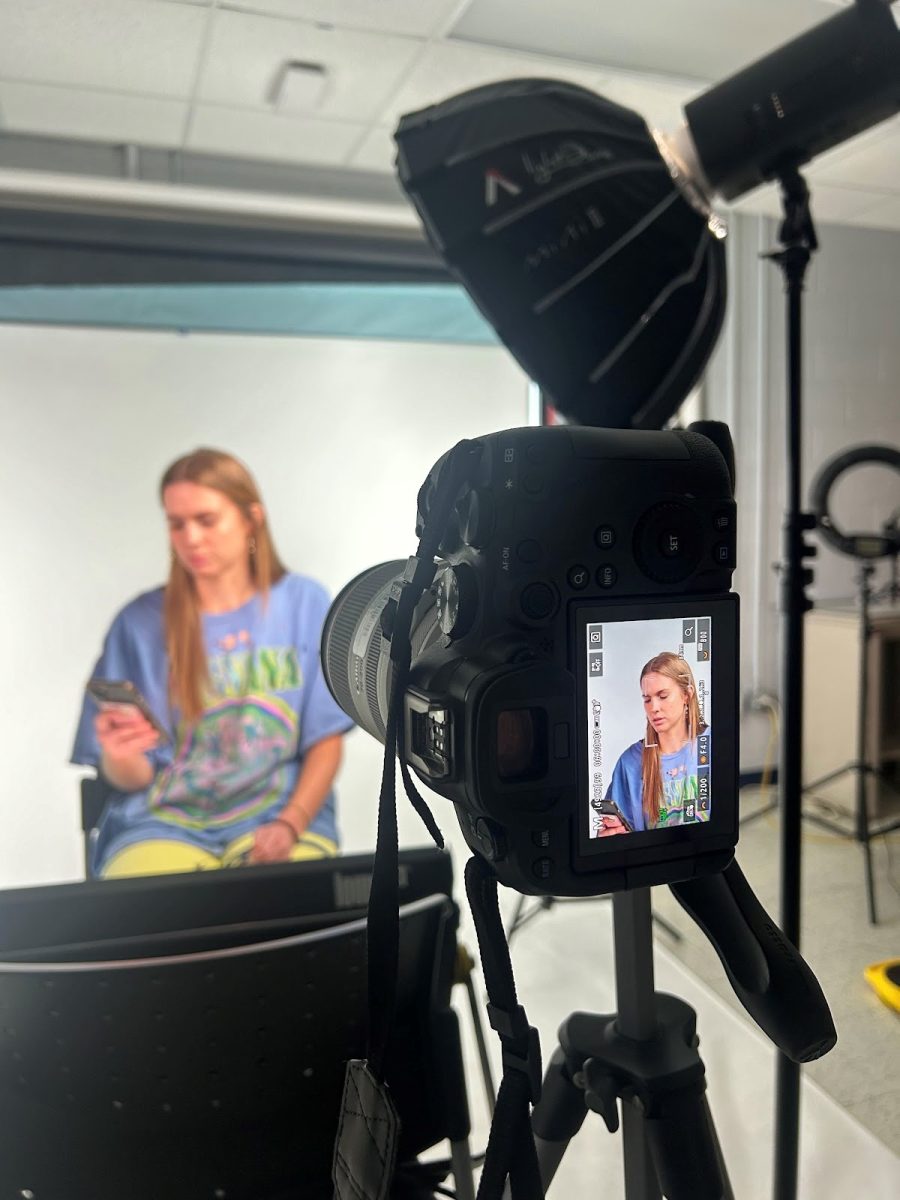Anyone who has been on a website with a comment section has noticed the sometimes hilarious and more often vile comments on everything from politics to school friends. Now imagine a website that is one huge comment section with all kinds of images, links, and mature content. Now imagine an eleven year old with access to this.
Enter Facebook.
Ever since its takeover of Myspace and Friendster’s main audience, Facebook has seen a rise of people under the age of 13 logged on.
25 percent of all people under the age of 13 have Facebook pages. 50 percent of American 12-year-olds have Facebooks.
But what is the right age for someone to have a Facebook page?
Most people agree that it is not 13.
“13 year olds are too young to have Facebook pages,” says Senior Lee Bundrick. “It’d be a social overload and it’s way too revealing about the real world.”
Proof of this may come in the second survey done by the University of New Hampshire’s Crimes Against Children Research Center, which states that more under-aged people are getting on social networking sites. More disturbingly, the survey shows that the more this statistic rises, the more children are encountering unwanted sexual exposure.
Online harassment also had a nine percent increase. While this is disturbing to think about, the statistics do not end at childhood.
Over 61 percent of all teenagers, 13-17, have a social network page. 71 percent of those with a profile claim that they have received a message from someone they do not know. 45 percent claim they have been asked personal information from someone they don’t know.
Worst of all, only 18 percent say they would tell an adult.
How does Facebook respond to all these new statistics. Kick off 13 year olds. The problem is there is no real way to confirm age on Facebook. Simply key in the appropriate birth date and users can add years or take them away without much chance of discovery. The recent spate of cancelled under age accounts is a nice attempt at self-governance but limiting it to 13-year-olds should be a first step not a last resort to ending the garbage that takes up a lot of the social network. Facebook executives targeting the 12 and under crowd seems superficial. Claiming that problems like cyber-bullying and sexual harassment are limited to this age group is like claiming that bullying and sexual harassment are only limited to middle schools.
Maybe, the executives at Facebook should rethink their age gate and focus more on cleaning up the content in general.





